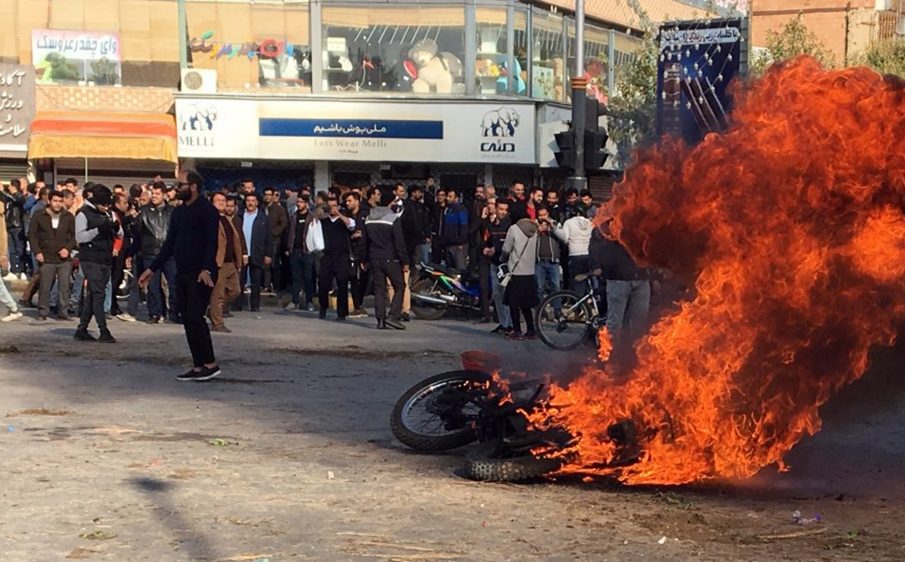Understanding Recent Developments in Iran

Introduction
Iran, a nation steeped in rich history and cultural complexity, has recently been the focus of global attention due to its political climate, human rights issues, and economic struggles. The significance of understanding the current situation in Iran is essential not only for regional stability but also for international relations, particularly regarding nuclear negotiations and human rights advocacy.
Political Landscape
In the wake of the 2023 presidential elections, Iran continues to grapple with internal unrest and increasing dissatisfaction among its citizens. Many are protesting against a regime they see as oppressive, primarily due to various restrictive policies and human rights violations. The protests, which initially sparked in response to the tragic death of Mahsa Amini, who died while in custody of the morality police, have now evolved into broader calls for democratic reforms and greater social freedom.
Human Rights Concerns
Human rights organizations have raised serious concerns about the Iranian government’s treatment of dissenters, with reports of arbitrary detentions and the suppression of free speech. Recent reports indicate a surge in arrests targeting activists and journalists, highlighting a disturbing trend of limiting freedom of expression. This has prompted condemnation from various international entities, urging a reassessment of diplomatic relations with Tehran.
Economic Challenges
Economically, Iran faces severe challenges, exacerbated by international sanctions aimed at curbing its nuclear ambitions. The country is grappling with high inflation, a depreciating currency, and widespread poverty, leading to a declining standard of living for many Iranians. In response, the government has implemented austerity measures, which have led to further dissatisfaction among the populace and amplified protests.
The Future of Iran
Looking ahead, the future of Iran remains uncertain. The ongoing protests and the government’s heavy-handed response indicate a complex struggle between the ruling elite and an increasingly vocal populace seeking change. Internationally, the situation continues to evolve, with significant implications for global geopolitics. Analysts predict that how the Iranian government addresses both domestic demands and international pressures will determine the country’s trajectory in the coming years.
Conclusion
In conclusion, the current events in Iran are crucial for understanding not only the region’s stability but also the broader implications for international relations and human rights advocacy. As the population continues to seek freedom and reform, the world watches closely, aware that the outcomes may shape the geopolitical landscape for years to come.









